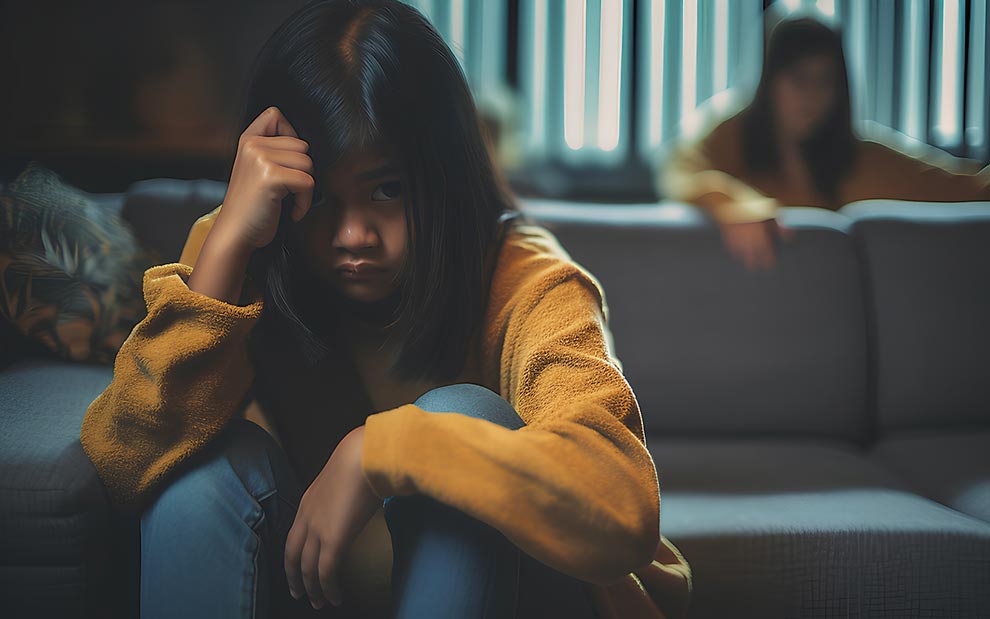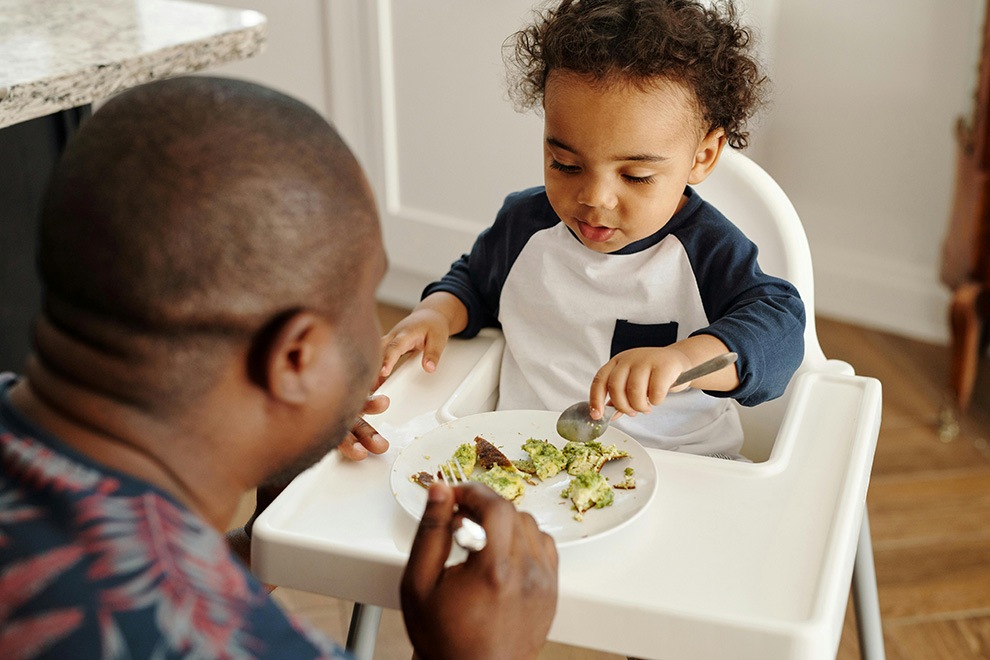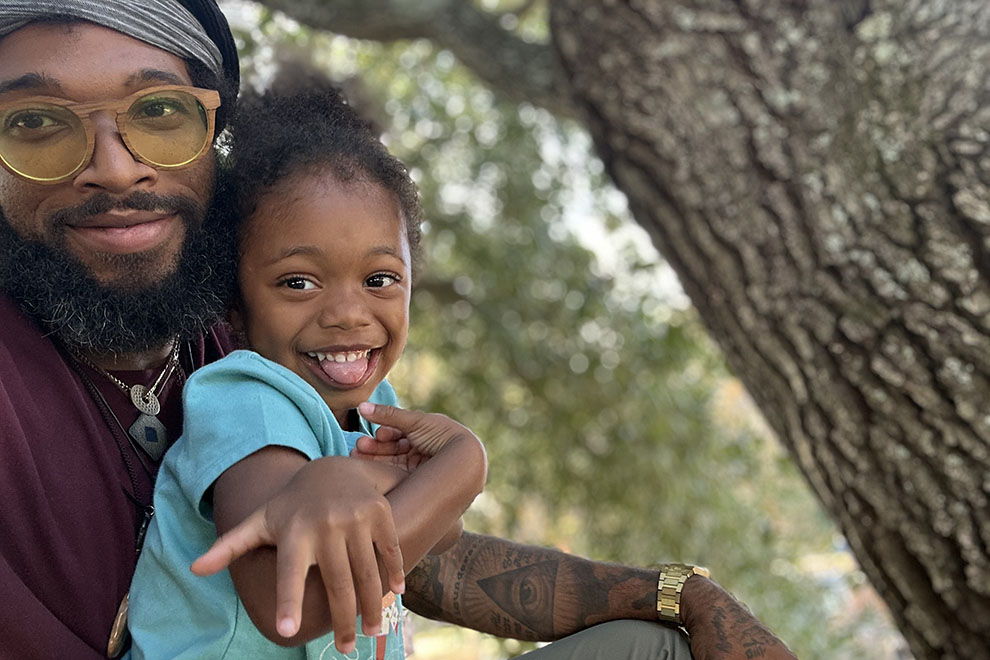Your child has been texting someone frequently, and you’ve noticed changes in their behavior. Your teen, who hardly ever wore makeup or brushed their hair, is now spending an hour getting ready for school every day. Your child, who loved spending time with friends, is suddenly very withdrawn and hardly around their friends anymore. Your child, who has a history of good attendance in school, is now missing classes. Online, you notice that your child’s social media presence has changed from what they typically post on social media.
These are just a few warning signs that your teen might be in an unhealthy or abusive relationship.
Young people who are just beginning to navigate the waters of relationship-building often look to their friends, family members, and (like it or not) social media for healthy relationship models. It can be challenging for teens who are new to dating and relationships to identify controlling behaviors. While every relationship has its ups and downs, certain warning signs, commonly called red flags, can indicate an unhealthy pattern in a relationship.
While there is no typical profile of an abuser, these behaviors from a friend or partner can signal that your teen may be in an unhealthy or abusive relationship:
- Checks your teen’s cell phone or social media without their permission.
- Expresses extreme jealousy, possessiveness, or insecurity toward your teen about where they go and who they are with.
- Exhibits an explosive temper or mood swings when your teen does not do what they want.
- Isolates your teen from family, friends, or hobbies that they enjoy.
- Makes false accusations about your teen.
- Physically harms your teen or anyone in your family in any way.
- Tells your teen what to do.
- Controls what your teen can and cannot do.
- Withholds information from your teen.
- Intentionally does something to make your teen feel dismissed or embarrassed.
- Abuses your teen via text messages, social media, or on the Internet.
Establishing Lines of Communication
Parents and caregivers must stay vigilant. Only about one-third of teens who have experienced dating violence have told anyone about the abuse. If you see red flags in a relationship, encourage your teen to talk to you. This is the most important thing you can do. The goal is to establish yourself as a non-judgmental, safe resource for your teen and someone they can turn to at any time.
Opening the lines of communication may be difficult, but starting the conversation with broad, non-accusatory questions can be helpful. If your teen is not ready to talk about their relationship, answers to questions about other teens’ relationships might give you insight into their views on what healthy relationships look like. Here are some examples:
- “What are your friends’ dating relationships like?”
- “Is there a difference between dating and being in acommitted relationship?”
- “How long do the couples you know stay together?”
- “Do they make any kind of commitment to each other?”
Young people need to remember that anyone, no matter how old or young, can get caught up in an abusive relationship. It is not their fault, and it is never too late to take steps to help them find their way out. Everyone deserves to be in a healthy, nurturing relationship.
Seek out professional counseling to help your teen make decisions about what to do. Call the regional helpline at 804-612-6126 if you want to talk to someone. A confidential advocate is available 24/7 to help you or your teen.





